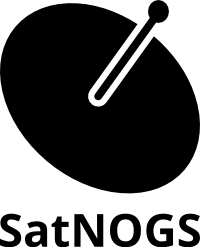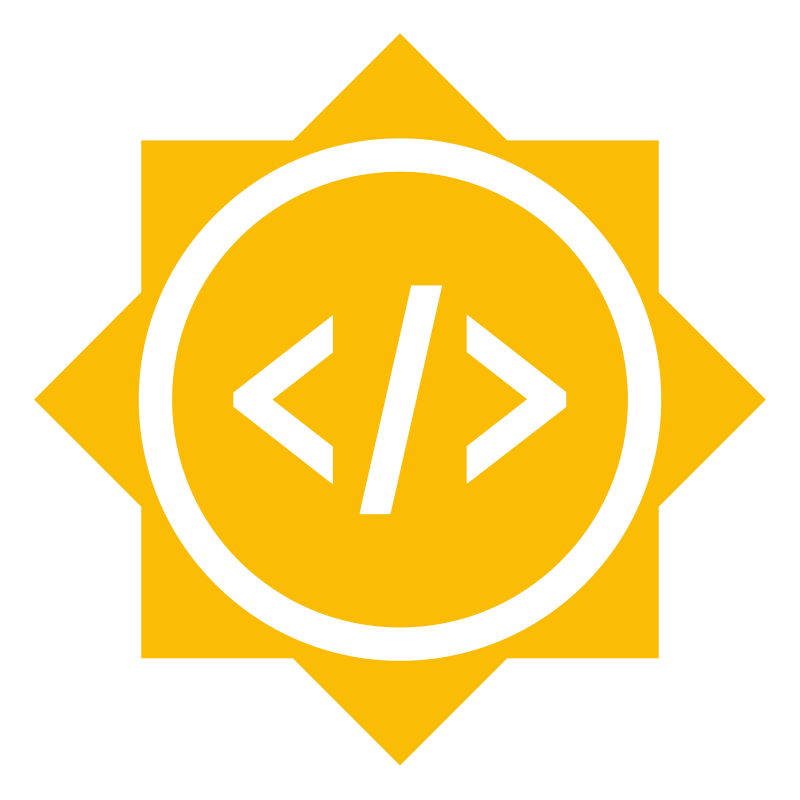For the third year in a row, Libre Space Foundation is selected as a mentoring organisation for the Google Summer of Code program. The application period has now closed and the results are in!
The three projects that will be participating in this iteration of the Google Summer of Code via Libre Space Foundation are the following. Let us check them out:

Expanding events detection in Poliastro

Poliastro is an open-source, python library for interactive astrodynamics and orbital mechanics. This project will work on expanding the event-detection capabilities of Poliastro. It plans on achieving that by adding several event-detection algorithms and methods to it. These detectors will allow Poliastro to calculate eclipses, collisions, line-of-sight, sunlight exposure, altitude thresholds, longitude/latitude crossing, visibility of orbiting objects from a location on earth, and sunrise/sunset and moonrise/moonset times also from a location on earth.
Rich analysis reports for Polaris

Polaris is an open-source tool that applies machine learning to satellite telemetry. This year’s project will create a visual module for Polaris. This will use the results of its anomaly detector to generate web-based interactive graphs, visualising anomalies and their points of occurrence. At the same time, it will allow pdf generation and command-line tools for these.
Improving the transmission capabilities of gr-satnogs

Gr-satnogs is the GNU-Radio, Out-of-tree module used by the SatNOGS open-source satellite ground-station network. The scope of this project is to expand the current transmission capabilities of gr-satnogs. This has already been tested on UPSat while in orbit and on Qubik 1 and Qubik-2 in the lab. To achieve that the project aims to improve the gr-satnogs transmission framing API and add new encoders to the already existing AX.25 and IEEE 802.15.4 such as the Nanocom AX.100, various AMSAT-related encoders and more.
Google Summer of Code is an annual program offering university students the opportunity to work on open-source projects during their summer break while earning a stipend! Libre Space Foundation is devoted to working on open-source space technologies and you can find out more about our Principles regarding open-source and space in our Manifesto.
This year’s Google Summer of Code application received 6991 applications submitted by 4975 students from 103 countries. These applications were reviewed by 199 mentoring organizations. Eventually, 1292 students from 69 countries were selected.
We are thrilled to be part of this grand initiative. But we are also excited and looking forward to working with our students over the next few months. Congratulations to everyone and welcome aboard!

Comments
3 responses to “Google Summer of Code 2021: Announcing the three projects that will participate in the program with Libre Space Foundation”
[…] with GSoC, and the project itself has expanded due to the support and contribution of the GSoC students. Adithya Venkateswaran, who has created the Vinvelivaanilai library, has been a star […]
[…] projects and by being part of an active, inclusive and collaborative community.This year, there are 3 projects which were chosen to participate in the programme and in the following weeks we will explore each project in detail. We will have a closer look at […]
[…] why we have been participating in the Google Summer of Code for the third year in a row, mentoring three amazing projects. The first project is about Improving the transmission capabilities of gr-satnogs developed by […]